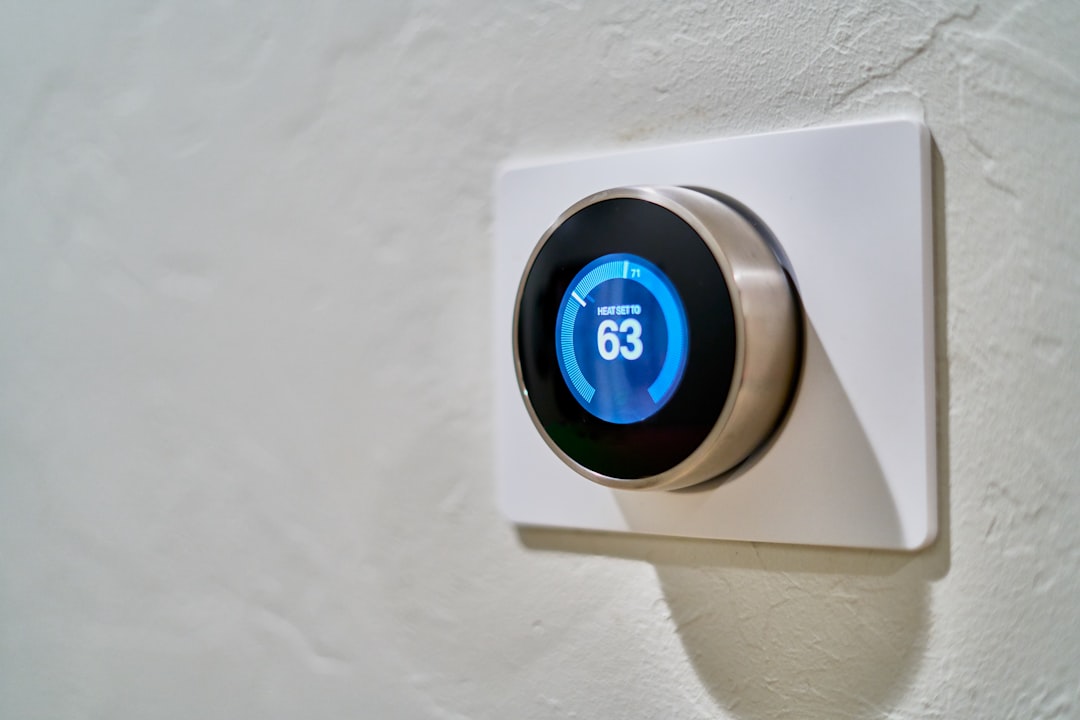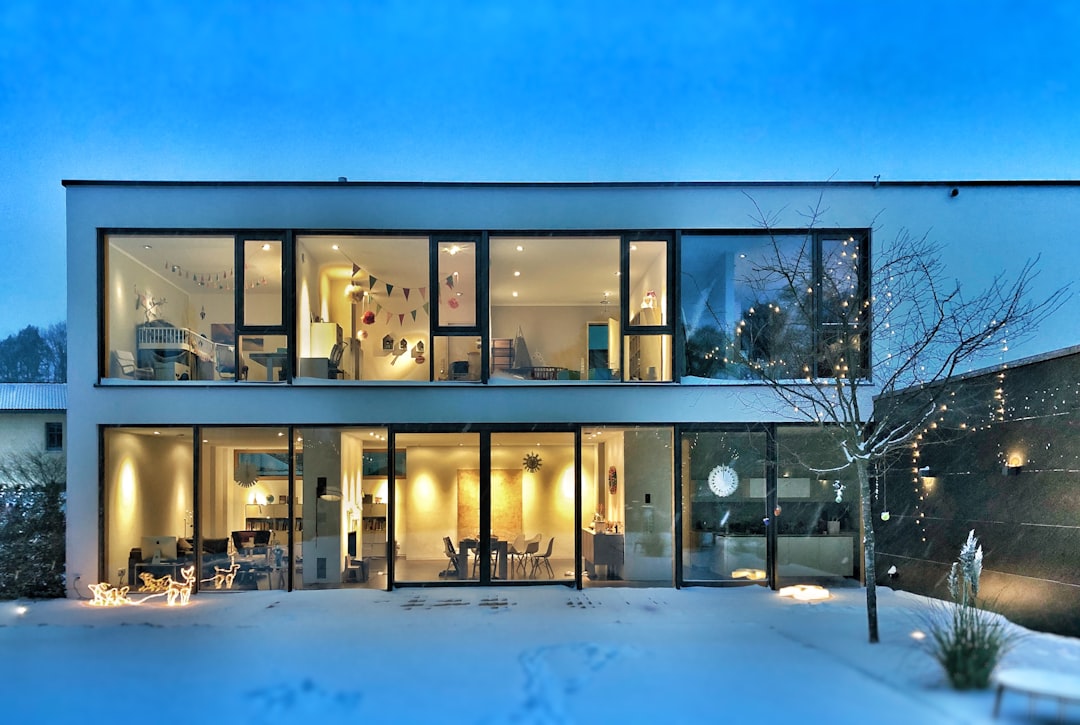As a homeowner, ensuring your living environment remains comfortable and energy-efficient hinges on the performance of your HVAC system. However, determining whether it’s time for HVAC repair or replacement can be a daunting task. Recognizing the essential signs—such as frequent breakdowns, escalating energy bills, uneven temperature distribution, and the age of your unit—can greatly aid in making this decision. Typically, HVAC systems that have been in service for over 10-15 years may be more efficiently replaced, considering the cost-effective HVAC solutions and advancements in technology now available. By understanding these indicators and evaluating your system’s efficiency, you can make an informed choice that enhances home comfort and maximizes energy efficiency.

Key Signs Your HVAC Needs Attention
Frequent Breakdowns and Repairs
Frequent breakdowns are one of the clearest signs that your HVAC system might require more than just a simple repair. While occasional maintenance is expected, constant repairs can become a significant strain on both time and finances. Each repair not only temporarily resolves the issue but might also signal underlying problems that worsen over time. If you find yourself calling HVAC repair services often, it might be time to evaluate your options. Constant malfunctions not only disrupt home comfort but also indicate that your system struggles to operate efficiently. This can lead to increased energy bills and inconvenience. In such scenarios, considering an HVAC replacement may be the more cost-effective HVAC solution. Assessing the longevity and performance history of your system can help in deciding whether continued repairs or a full replacement is the best choice.

Rising Energy Bills
An unexpected rise in energy bills is a red flag that your HVAC system may not be operating efficiently. Older units or those in poor condition tend to consume more energy to maintain the desired home comfort levels, leading to increased costs. This inefficiency can stem from various issues, such as worn-out components, outdated technology, or inadequate maintenance. By closely monitoring your monthly energy expenses, you can identify patterns or unusual spikes that suggest underlying problems. In some cases, simple repairs or maintenance might resolve these issues temporarily. However, if the trend persists, an HVAC replacement could be a more sustainable solution. Newer models offer advancements in HVAC technology that enhance energy efficiency, ultimately reducing long-term utility costs. Weighing the cost of ongoing high energy bills against the investment in a new, more efficient system can help you make a decision that benefits both your wallet and your home’s comfort.

Inconsistent Temperatures at Home
Inconsistent temperatures throughout your home are another indication that your HVAC system might need attention. Ideally, your HVAC should maintain a uniform temperature across all rooms, ensuring maximum comfort. When some areas are significantly warmer or cooler than others, it can point to issues such as ductwork problems, inadequate insulation, or a failing system. These temperature imbalances can disrupt daily life, forcing you to adjust thermostats frequently or use additional heating or cooling devices, which further inflates energy bills. Identifying and resolving the root cause of these inconsistencies is crucial. While minor adjustments or repairs might temporarily alleviate the problem, persistent issues often suggest that your system is struggling to perform effectively. In such cases, evaluating the potential benefits of an HVAC replacement can be worthwhile. Newer systems designed with advanced HVAC technology can offer better efficiency and balanced climate control, addressing the uneven temperature distribution in your home.

Deciding Between Repair and Replacement
Weighing Age and Cost-Effectiveness
The age of your HVAC system is a critical factor in deciding whether to repair or replace it. Generally, HVAC units have a lifespan of 10 to 15 years. If your system falls within or exceeds this range, it becomes crucial to weigh the cost-effectiveness of continued repairs against investing in a new unit. Older systems often lack the energy efficiency of newer models, resulting in higher operational costs. Additionally, frequent repairs on an aging system can add up, potentially surpassing the cost of a new installation. By evaluating the long-term financial implications, including potential energy savings from advanced HVAC technology, you can decide on the most prudent path forward. A new HVAC system not only promises improved energy efficiency and reduced utility bills but also enhances home comfort. Considering these factors helps ensure your investment aligns with both your budget and your desire for a reliable, efficient home environment.

Considering Energy Efficiency Gains
When deciding between HVAC repair and replacement, the energy efficiency gains of newer systems are an important consideration. Modern HVAC units are designed with cutting-edge technology that significantly enhances energy efficiency, which can lead to substantial savings on your energy bills. Upgrading to a high-efficiency system not only reduces operational costs but also minimizes environmental impact by decreasing energy consumption. These systems often come with advanced features such as variable speed motors and smart thermostats, which allow for better temperature control and increased comfort. Evaluating the potential energy savings can help justify the upfront costs of a new system. Moreover, many local and federal incentives exist to promote energy-efficient upgrades, potentially reducing the financial burden. By opting for an HVAC replacement that prioritizes energy efficiency, you ensure a more sustainable solution that aligns with modern energy standards, ultimately benefiting both your home environment and your budget.

Embracing New HVAC Technology
Latest Advancements in Efficiency
The latest advancements in HVAC technology have revolutionized how we approach energy efficiency in home comfort systems. Innovations such as variable refrigerant flow, smart thermostats, and advanced filtration systems offer significant improvements over older models. Variable refrigerant flow allows for precise temperature control in different zones of a home, reducing energy waste. Smart thermostats enable homeowners to program and monitor their HVAC systems remotely, optimizing energy use based on daily routines and preferences. Additionally, enhanced filtration systems improve indoor air quality while maintaining efficiency. These technological advancements not only lower utility bills but also contribute to a more sustainable living environment. For homeowners considering HVAC replacement, these features provide compelling reasons to invest in modern systems. By upgrading to the latest HVAC technology, you can ensure that your home comfort system operates at peak efficiency, offering both immediate and long-term benefits in terms of energy savings and overall performance.

Long-Term Benefits of Modern Systems
Investing in modern HVAC systems offers a host of long-term benefits that extend beyond immediate energy savings. One of the most significant advantages is increased reliability and reduced maintenance needs. Newer systems incorporate durable components and advanced diagnostics, minimizing the likelihood of unexpected breakdowns. This reliability ensures consistent home comfort with fewer interruptions. Furthermore, modern systems are designed to be environmentally friendly, often using refrigerants with lower environmental impact and offering higher efficiency ratings. This translates to reduced carbon footprints and alignment with sustainability goals. Additionally, the integration of smart technology provides homeowners with greater control over their energy use, allowing for custom settings that enhance comfort while conserving resources. Over time, these benefits contribute to a higher return on investment, reflecting not only in lower utility bills but also in the overall enhancement of home value. By choosing a modern HVAC system, homeowners position themselves to enjoy these long-term advantages.

